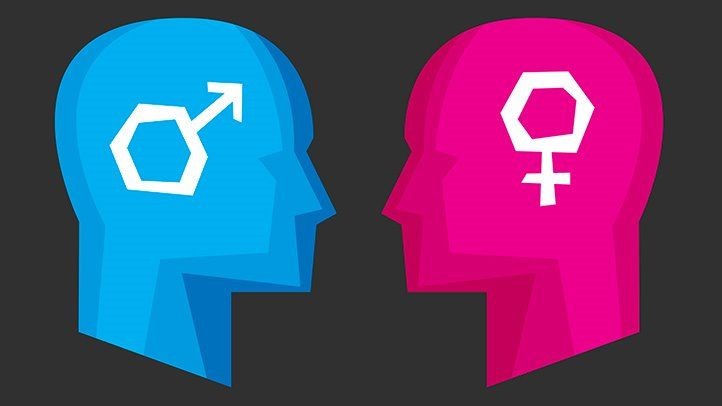When it comes to nutrition, it’s essential to recognize that women have unique needs that differ from men. The basics of healthy eating—balanced meals, whole foods, and proper hydration—apply to everyone. But, women are not small men and their biology requires a more tailored approach. This blog covers the reasons why women should eat differently than men and provides practical guidance on how to do so.
Women Should Avoid Fasting
Intermittent fasting has gained popularity in recent years, but it’s important to understand that fasting can affect women differently than men. While men might see benefits like improved metabolism and weight loss, women may experience disruptions in their hormonal balance.
Fasting can negatively impact a woman’s reproductive hormones, particularly if she skips breakfast or goes too long without eating. This is because women’s bodies are more sensitive to calorie restriction, which can trigger a stress response, leading to an increase in cortisol (the stress hormone). High cortisol levels can interfere with the menstrual cycle, reduce fertility, and cause other hormonal imbalances. Therefore, instead of fasting, women should focus on consuming balanced meals throughout the day, starting with a nutritious breakfast.
Women Need to Change Their Diet Throughout the Month
Women’s nutritional needs fluctuate throughout the menstrual cycle. Hormonal changes during different phases of the cycle can influence appetite, energy levels, and metabolism, making it crucial to adjust your diet accordingly.
- Follicular Phase (Day 1 to Ovulation): During this phase, estrogen levels rise, leading to increased energy and a decreased appetite. This is a great time to focus on lighter meals and incorporate more complex carbohydrates, which can help stabilize blood sugar levels.
- Luteal Phase (Ovulation to Day 28): After ovulation, progesterone levels increase, which can stimulate appetite and cravings, especially for carbohydrates. Women need to consume more calories during this phase to support their body’s increased energy demands. This is also a good time to prioritize foods rich in magnesium, like leafy greens and nuts, to help alleviate PMS symptoms.
By understanding these phases, women can better align their eating habits with their body’s natural rhythms, promoting overall well-being.
Women Should Focus on Protein
As women age, their bodies become more resistant to muscle building. This means that women require more protein to achieve the same muscle-building and maintenance effects as they did when they were younger.
Protein is vital for maintaining muscle mass, especially during and after menopause when the risk of muscle loss increases. Women should aim to include high-quality protein sources in every meal, such as lean meats, fish, eggs, and dairy. Ensuring an adequate protein intake helps preserve muscle mass, supports metabolism, and promotes overall health as women age.


